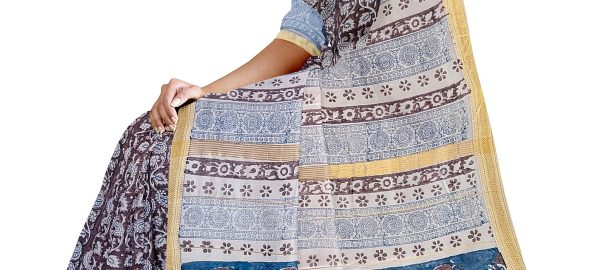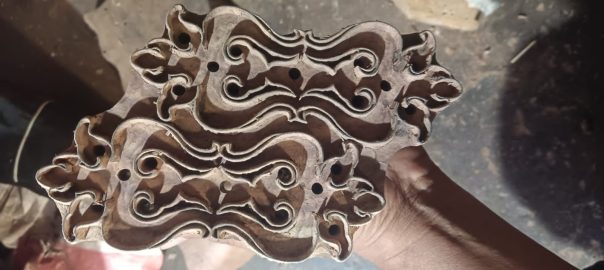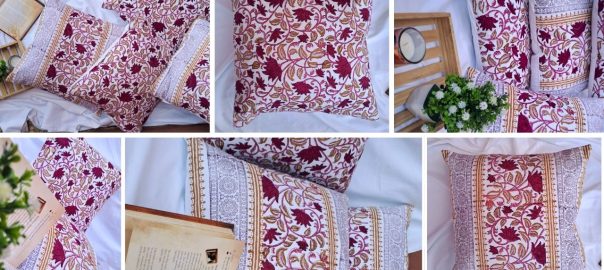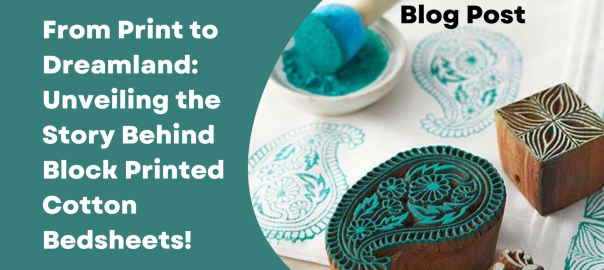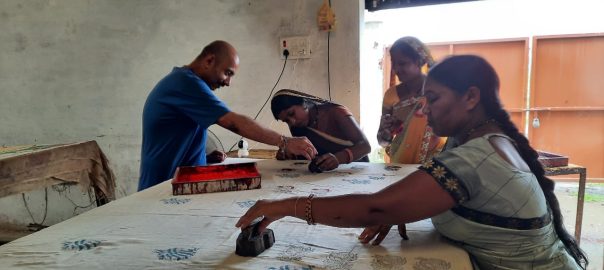Gond Painting: Tribal Art of Central India is a traditional form tribal art that originated in the Gond tribe of Madhya Pradesh. The Gond tribe is one of the largest indigenous communities in India, and their art forms have a unique appeal that has attracted art enthusiasts and collectors from across the world.
The history of Gond painting can be traced back to prehistoric times when the Gond tribe used to paint their bodies and homes with natural colors and materials. Over time, these art forms evolved into more elaborate and intricate forms of expression, depicting the tribe’s spiritual beliefs, mythologies, and everyday life.
The Gond paintings are characterized by their bold lines, vibrant colors, and intricate patterns. Traditionally, these paintings were created using natural materials like charcoal, cow dung, and plant sap. However, with the advent of modern tools and techniques, the artists now use acrylic colors and canvas to create their paintings.
The themes of Gond paintings are diverse and reflect the tribe’s deep connection with nature and their spiritual beliefs. Many of the paintings depict animals, birds, and trees, which are considered sacred by the Gond tribe. The paintings also depict scenes from the tribe’s mythology, folklore, and daily life, making them an integral part of the tribe’s cultural heritage.
The popularity of Gond painting has grown in recent years, with several artists gaining recognition for their work. Many of these artists have collaborated with galleries and museums across the world, showcasing their art forms and sharing their cultural heritage with a global audience.
In conclusion, the history of Gond painting is a testament to the tribe’s rich cultural heritage and their deep connection with nature and spirituality. The art form has evolved over time, but its core essence remains the same, depicting the tribe’s mythologies, beliefs, and daily life. The popularity of Gond painting has grown in recent years, and it continues to be a source of pride and identity for the Gond tribe.






